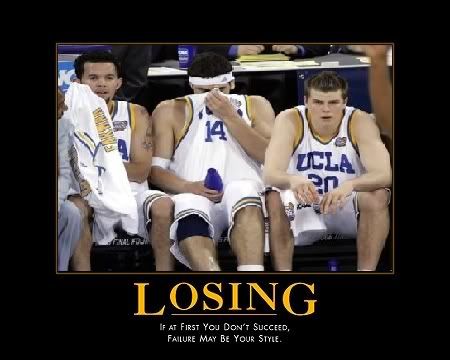This week I read The Right Price for Digital Music by Adam L. Penenberg in The Best of Technology Writing. My own experience with digital music goes back to high school. Back then I simply bought CDs I liked and either played them directly or ripped them to my computer. I simply used Winamp to play my music and had never used iTunes. Then three years ago, my freshman year in the dorm here at USC, there was an iTunes frenzy and a bunch of people bragging about all the music they "found on the network." So one day I downloaded iTunes and true enough, I saw that I could access the music libraries of quite a few people in my dorm and other dorms on the USC network. While this was nice, if people didn't have their computers on and iTunes running, you couldn't play their music so I didn't see at first what the big fuss was about. A short while later I found out about the big craze at the time...myTunes or something similar to that, where if you could play a song in someone's iTunes music collection, you could also download the song from them and call it your own. Some of the people in my dorm were downloading so much music that they exceeded the bandwidth limit and had their internet connection shut off for a short while and received a written warning. In any case, I've never been much into generic pop songs of the month (as I joke I did a search and found 15 or 16 different people in my dorm with some version of Toxic), so it wasn't the big deal to me that it was to so many other people. I remember in the Spring of freshman year there was the big deal about the music industry suing people and such, but it seemed as if only my roommate took it seriously (he later deleted many many GBs of music).
I know one person here at USC who actually buys songs from iTunes, she refuses to get music any other way, and I think that says a lot, and also leads me into the article by Penenberg. The fact that 800 million CDs are sold doesn't really surprise me as I would hazard a guess that a good chunk of the population either isn't music savy or doesn't believe in "music piracy." The more telling telling number is that only 600 million songs had been sold via iTunes when the article was written (I think it was at around 1 billion songs last Spring). Sure that sounds like a lot, but with all the free pirated music going around, it's really just a cup out of the lake.
I was a bit surprised that Apple only gets 4 cents and music publishers 8 cents from the 99 cent sales of songs, with recording companies getting the rest, but then again I have very little knowledge of how the music industry works. I just expected Apple to get a bigger piece of the pie. Then again, as Penenberg points out, iTunes directly helps Apple sell its iPods and also no doubt helps with their market share in other areas from simply getting their name out there and people used to coming to Apple and their "i" chain of products.
I don't agree with the whole demand determines price argument that Penenberg presents in the rest of the article. I suppose it might help sell a few more obscure tracks, but I don't see the change encouraging people of those genres all that much to buy their music online. If I had to guess, I would suspect that those people would be buying the music in any regard, or getting a pirated copy from other fans they know of the genre. Also, if 99 cents is too much for many people to legally buy music, how is a song in high demand going to sell better for 3 or 5 dollars? As Penenberg points out at the very end, it could very well (and I definitely agree with this) end up pushing people to simply get pirated copies instead.
I think the music industry should just suck it up and offer fast easy downloads of songs for something like 10 cents a track and be happy. There will always be a pirated song movement, but I think digital sales would be higher if cheaper fast downloads of all the music you could want were available in centralized locations.
Subscribe to:
Post Comments (Atom)


No comments:
Post a Comment